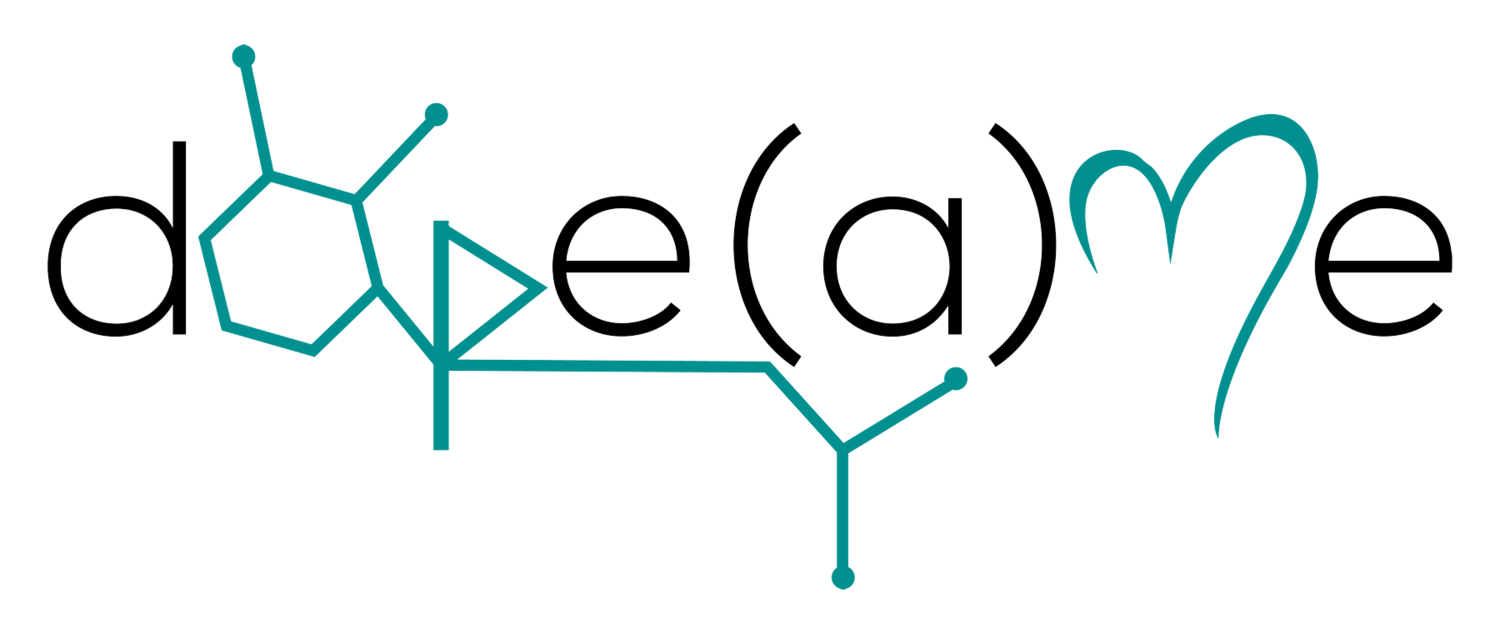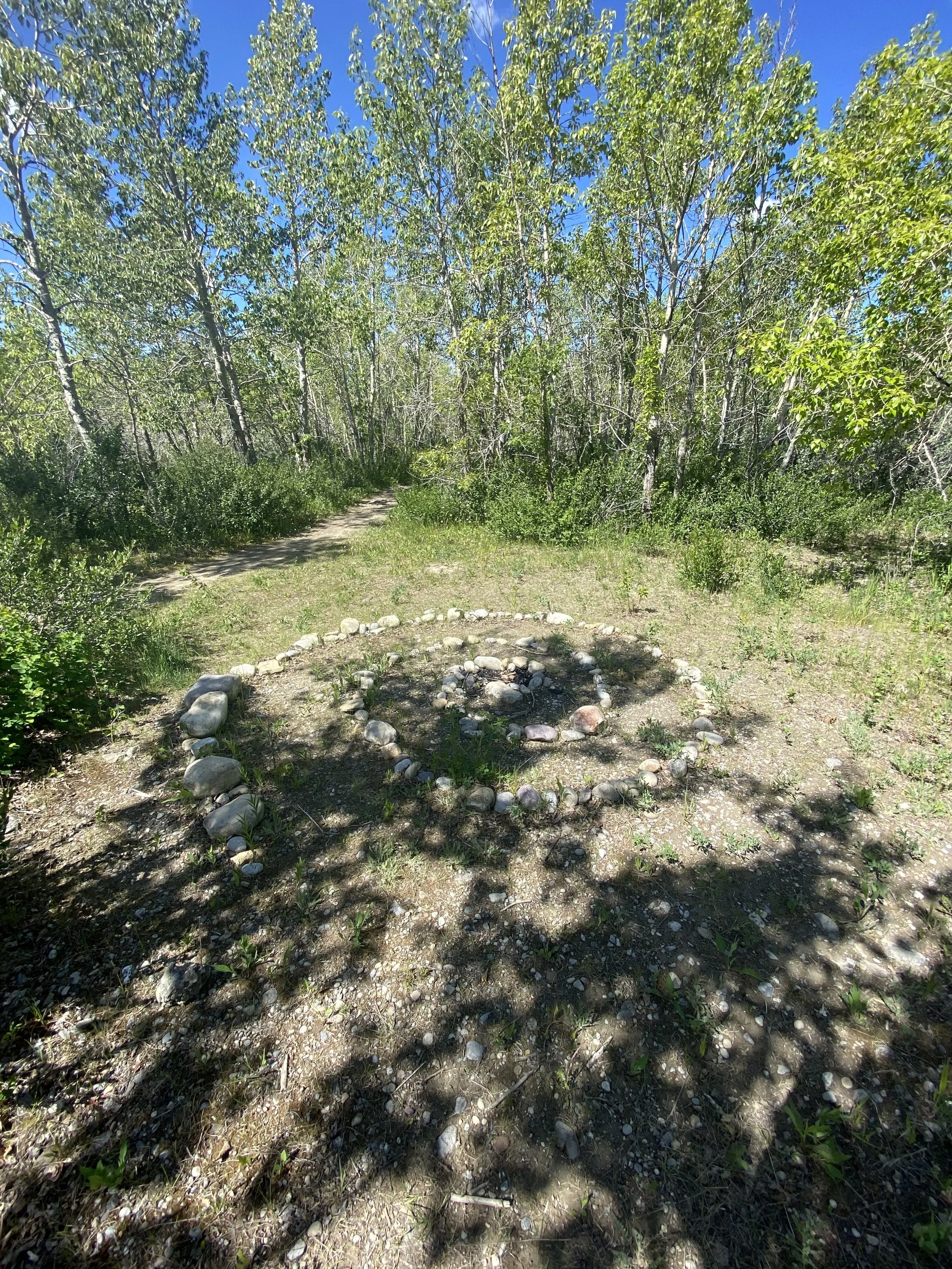I was watching a webinar hosted by Akilah Riley-Richardson a couple of weeks ago, and am continuing to have some profound insights from the reflection questions and prompts she shared. As a couple’s counsellor that specializes in BIPOC relationships and the impacts of historical, intergenerational and present-day trauma of interlocking systems of oppression and white supremacy culture, she highlights how difficult intimacy can be when there are valid survival strategies in one’s internal system that both protect and keep others at a distance. While I am not a part of the BIPOC community, and I recognize that I have more privilege than many others in this world, I am also aware that due to intersectionality, the context of the environment, my ancestral make-up of British (colonizer) and Irish (colonized) heritage, along with a long line of Mormon pioneers, I too have unique survival strategies in my system that I have inherited.
I will share some of the reflection questions and exercises she walked us through, and I invite you to move through this process as well. Some important context first. I have been on the path of connecting with my ancestry for several years now. It started with a desire to move from a place of being ashamed and disconnected from my lineage to a place of compassion and understanding. I am lucky that my grandparents on both sides, along with some uncles and aunts, have been doing ancestry work for many years, slowly accumulating information to fill in quite a comprehensive family tree. Going back five to eight generations now, I can see where my ancestors were born and where they died. As I studied this somewhat overwhelming map, I became more attuned to the timeline and the hardships that they went through in their personal, familial and cultural spheres. I mention this because when I sat through Akilah’s workshop I felt primed and connected to my ancestry in a way I have not experienced before. My responses to her prompts will reflect that.
Another note I will mention is that due to one of my foundational approaches to life being informed by Somatic Internal Family Systems, my responses to some of the prompts below took me into some internal work of being with what was arising to tend to and mend relationships that arose as needing some love and repair.
The first activity that I will share is one that Akilah referred to as The Theater of Oppression. Referring to the interlocking systems of oppression, intergenerational and historical trauma, and the inescapable bombardment of pressure and meta-narratives of white supremacy culture as The Theater. When considering you are in the theater of oppression, how would you finish these sentences, I am…… and this shows up in my (intimate) relationship(s) when I…….
Here goes:
In the theater of oppression, I am both oppressed and the oppressor. This shows up in my intimate relationship when I project my anger and desire for control towards him and persuade myself that if he changes certain habits than I would be more open and attentive to others. And, when I feel small, insignificant and “in trouble” when my partner expresses valid disappointment or unease in a decision/action I took. I cower in “I’m bad,” “I’m wrong,” “I’m in trouble”. “I’m not included or wanted“. “I cause others pain,” “this is all too much and I must collapse and hope for rescue”.
I’m noticing this and bringing in compassion. I feel the hurt and disappointment, and I’m breathing in a way that communicates it’s okay to feel this and be with it. I used to collapse into despair and shutdown my system when I felt I had disappointed someone I love and respect, or done something seemingly reckless that left me feeling “stupid” or “unworthy”.
As I show myself compassion and understand this behavior as part of my ancestral makeup that I can heal and evolve by staying present with it, it shifts and changes. The process of acceptance is a state of being, and being does not mean not doing. It’s a doing from a pure state of being, rather than doing from the colonial consciousness of most reactions.
Moving on now to ancestral questions. Akilah asks us to consider the family narratives we grew up with and how they impact all of our relational dynamics (internally and externally). She asks us to ask ourselves, what strategies and/or beliefs have I inherited from an Elder or ancestor in my lineage?
As I sat with this, I wrote:
My body is to be tamed, controlled and punished.
I want to belong but I am fearful of belonging. Belonging is dangerous. Rather than truly belonging and trusting others, it’s better to be in control, be a trickster, and get what I need through self-preservation and perseverance.
It’s not safe to know who I am. Protect by remaining untethered. Wrapped in shame and guilt.
Akilah’s next prompt was to hold these responses in the light of our awareness, hold these ancestral stories and strategies with compassion and the societal and familial context that had them adopt these behaviors or beliefs. She referred to this as the Intergenerational Compassionate Network. As I did this, I felt the existential pain of my ancestors and the desire to belong to a religion that would answer the unanswerable questions. I felt the roots of colonial consciousness taking hold as the options were presented as buy-in or be gone. I felt the grief and turmoil of starvation and death all around me, and torturous acts that ripped all those involved away from their heart’s and their hope.
With this experience, I found myself feeling deeper awe, strength and gratitude to be a part of the ancestral line I was born into. I feel the immense opportunity and privilege to heal the ruptures and unbridled emotion that I was born with, and the gifts this provides me in the work I do now. I feel compassion for their hardship, their limited choices, and their courage to keep going even when it appeared dark and terrifying.
I also feel immense gratitude for Akilah Riley-Richardson, and her gift of working with couples and sharing these powerful prompts and experiences for many to learn and benefit from. My path of embodying a heart-centered way of being more fully continues, and I am clearer now on how that impacts and directs my choices and what I do. I hope this has sparked some insight and inspiration for you as well. For more content like this, head to Akilah’s website.
xoxo

